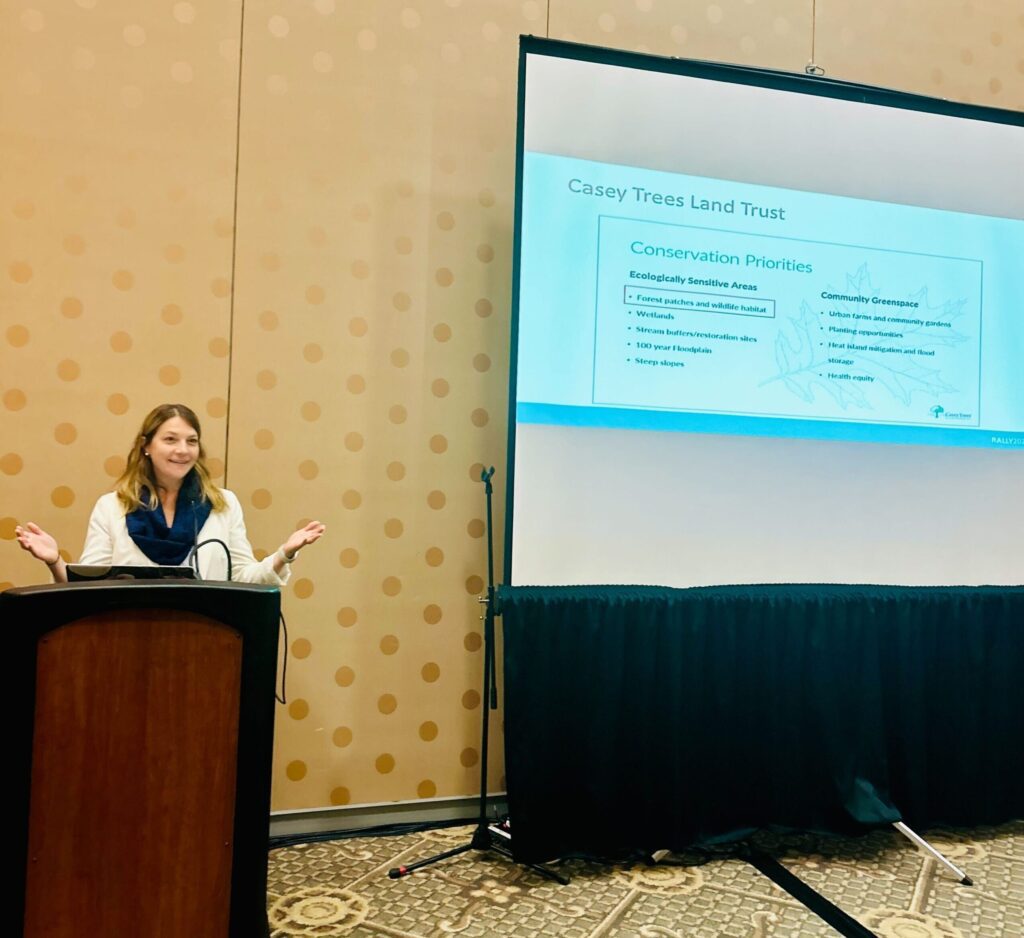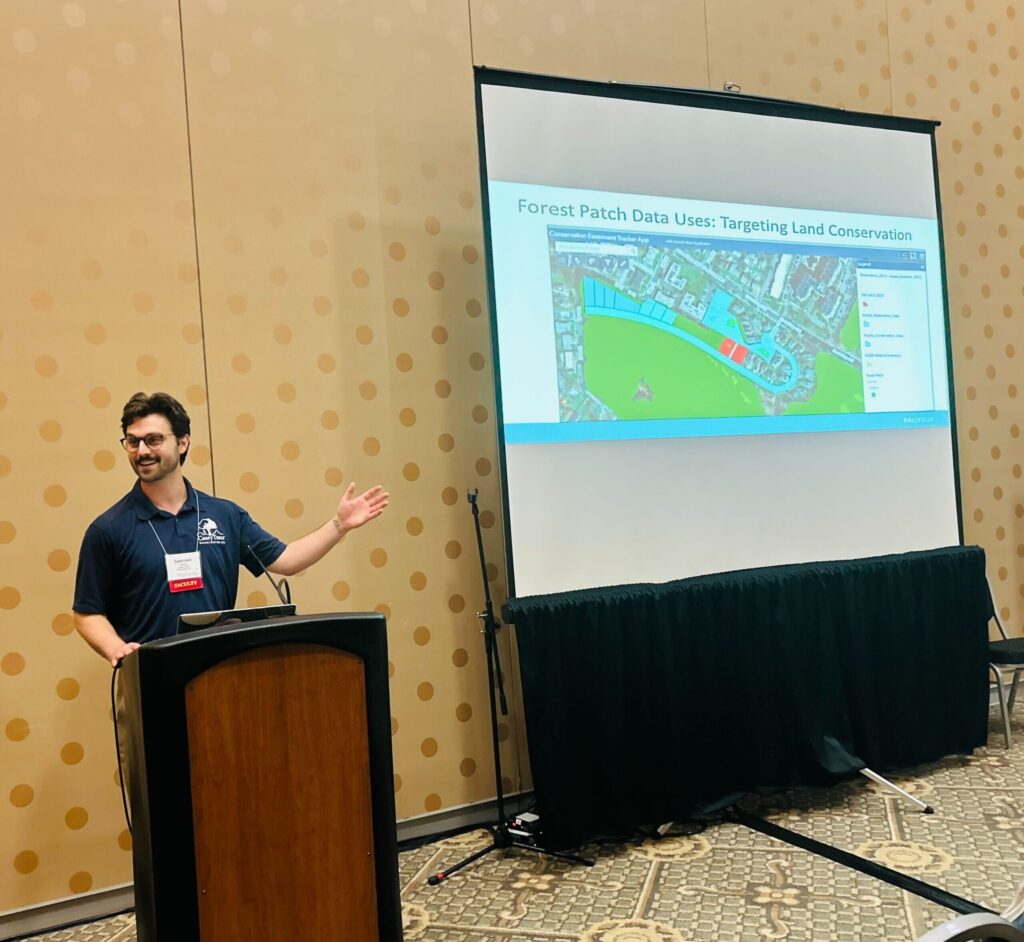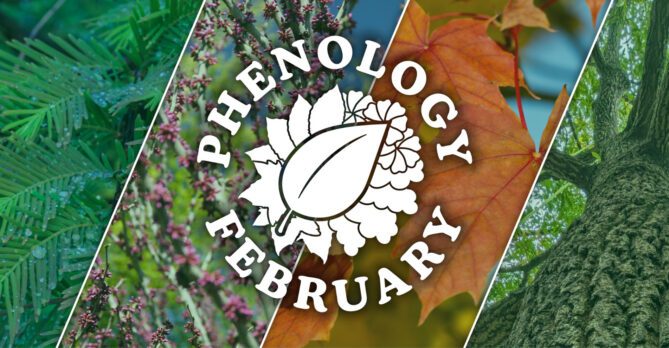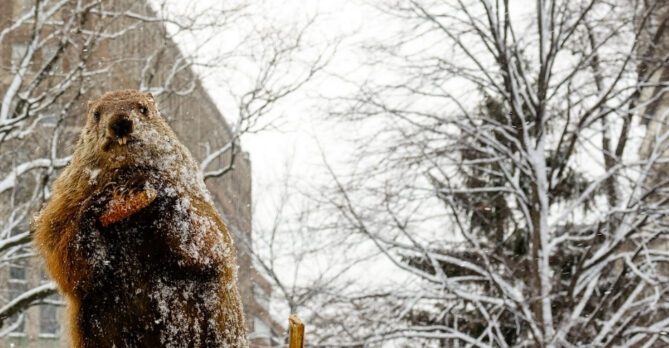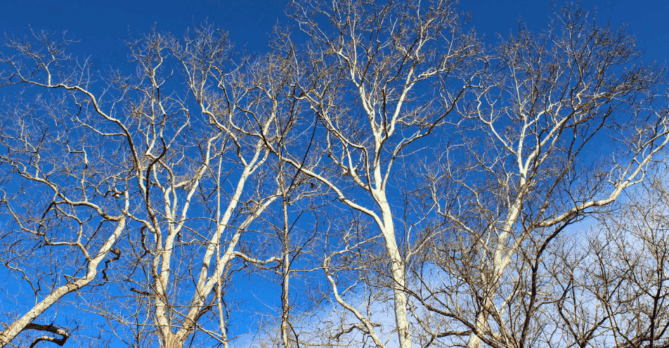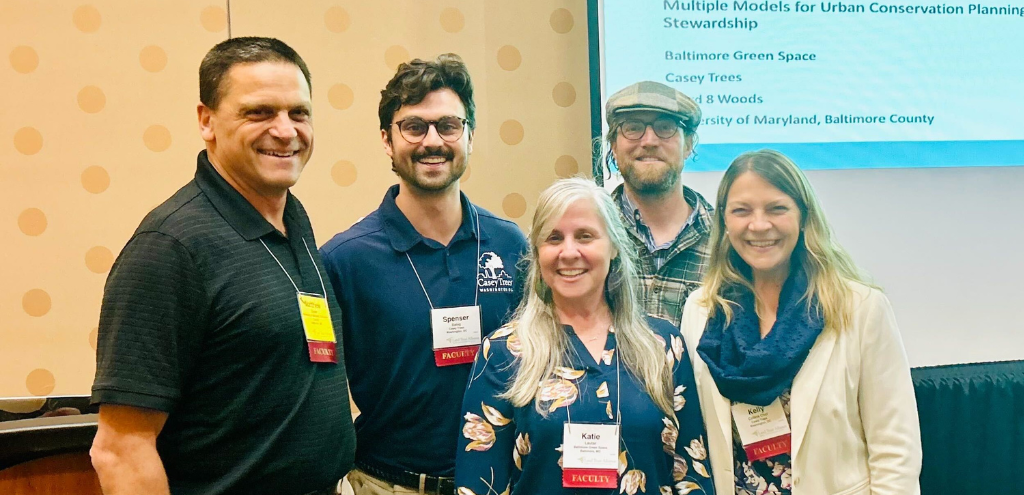
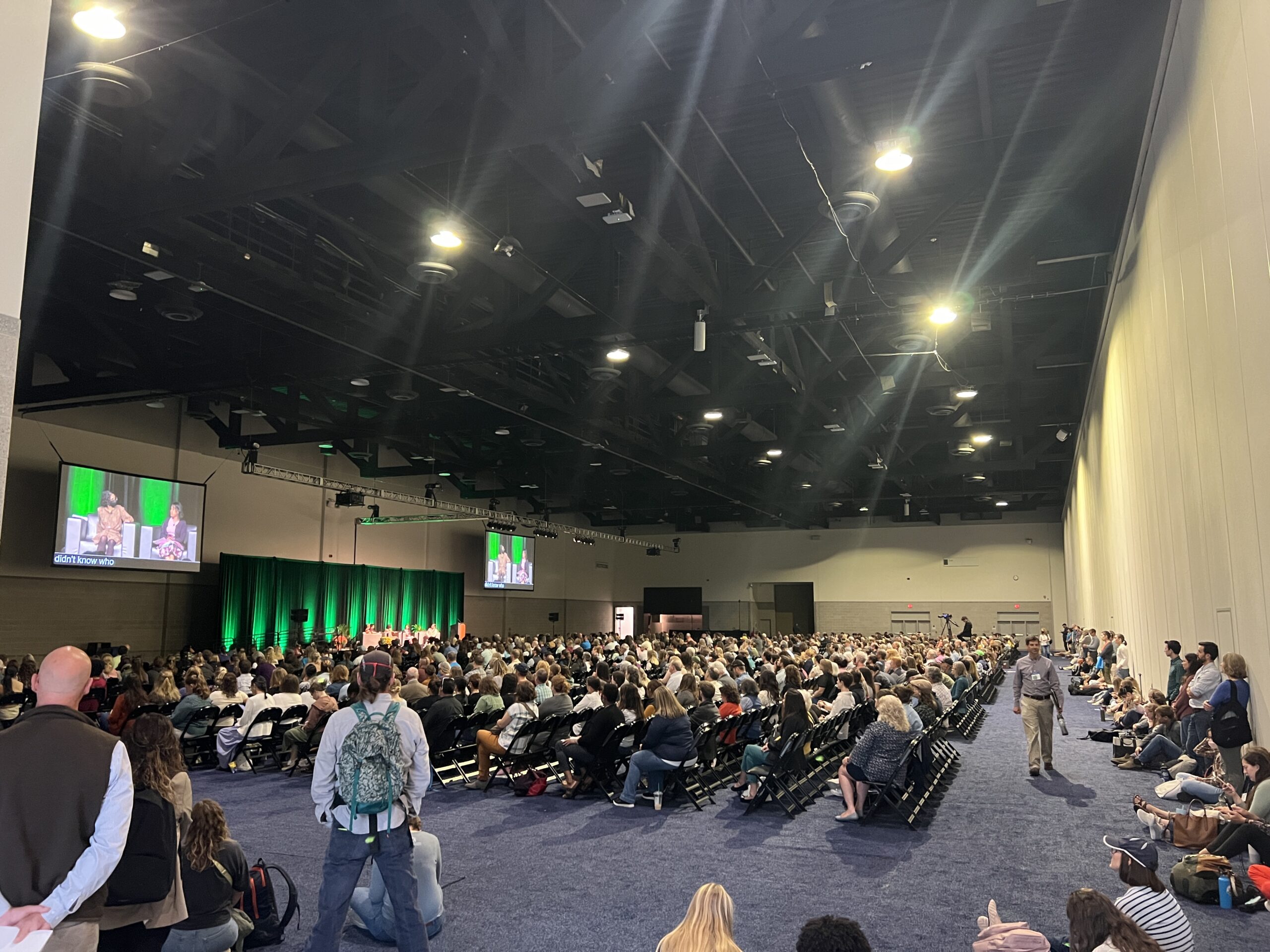 Each year, the Land Trust Alliance (LTA) hosts a National Land Conservation Conference where thousands of conservation professionals meet to exchange knowledge, ideas, tools, strategies and make connections.
Each year, the Land Trust Alliance (LTA) hosts a National Land Conservation Conference where thousands of conservation professionals meet to exchange knowledge, ideas, tools, strategies and make connections.
Casey Trees has attended the LTA Rally for the past three years, but this was the first time we’ve had the opportunity to present. Alongside our partners at Baltimore Greenspace, Ward 8 Woods, and University of Maryland – Baltimore County (UMBC), we shared our collective work to map and conserve DC and Baltimore’s last remaining forest patches. Over 2,500 practitioners were in attendance, including farmers, conservancies, tribal leaders, government agencies, nonprofits, and universities.
As the only conservation land trust operating in Washington, DC, Casey Trees has a unique role to play in identifying new and innovative ways to conserve the few remaining green spaces we have left. DC has some of the highest land values in the country, and even our incredible planting efforts are outpaced by the trees lost to the current rate of development. We sometimes joke that unlike our rural counterparts, we conserve in square feet instead of acres – but it’s true that every remaining urban green space in DC is valuable. These are spaces that we can pass onto future generations to establish connections to our District rivers and streams, to become forest stewards, and help protect wildlife habitat.
Land trusts from across the country are innovating to make their communities more resilient in the face of a changing climate. Farmers are fortifying diversity by establishing native seed networks. Cities are redirecting mitigation dollars toward conservation and restoration, utilizing land banks to put vacant, abandoned, or deteriorated parcels of land back into productive use according to community needs.
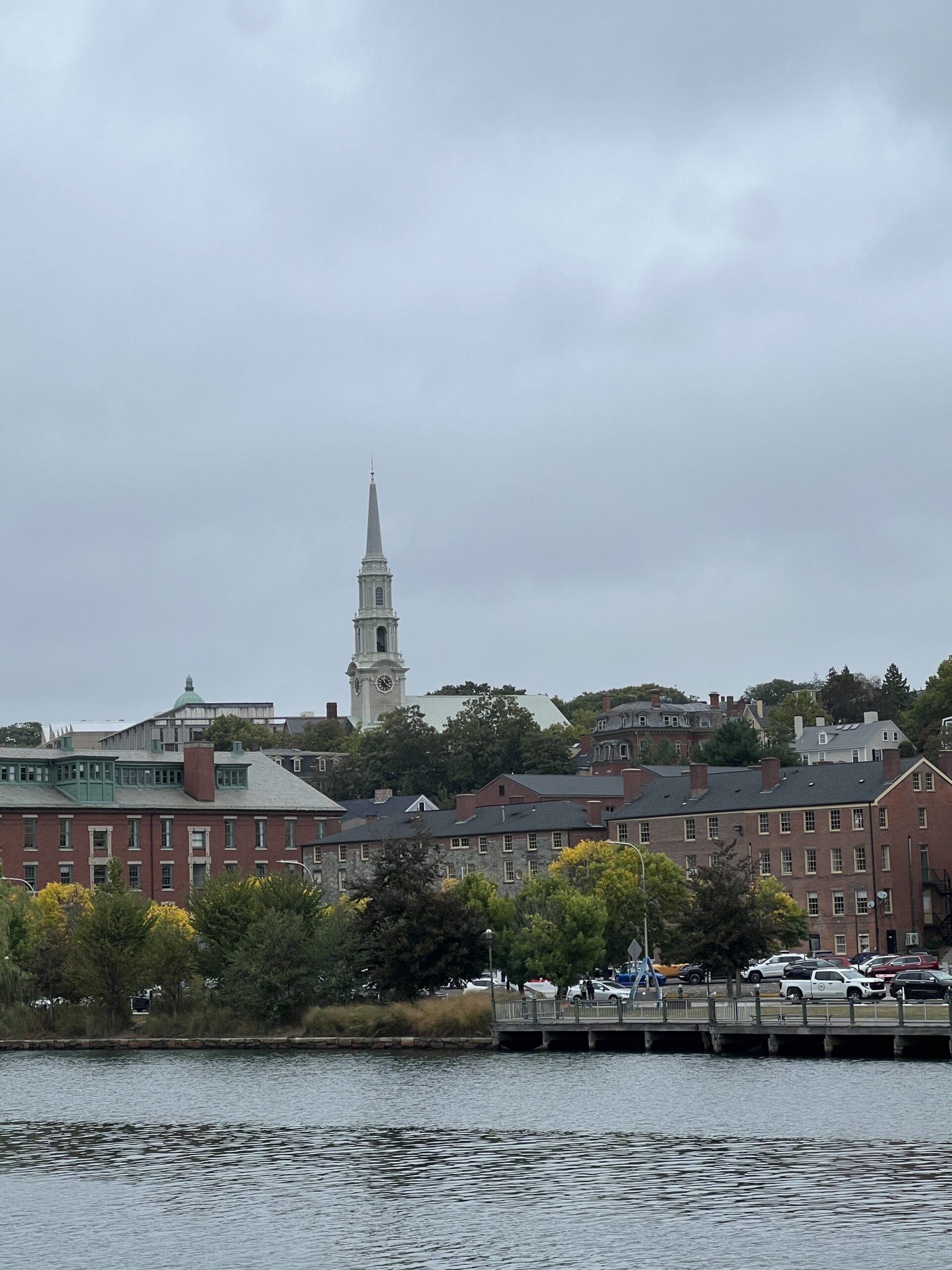
As we reflect on the challenges ahead, two key observations stand out:
- Urban Heat: With one of the hottest summers on record, our partners at UMBC and the US Forest Service are demonstrating that the cooling benefits of trees are exponentially greater when clustered in forests rather than as isolated trees. Learn more about their research here.
- Stormwater Management: Recent rain events highlight the importance of protecting trees on steep slopes and along streams to mitigate stormwater runoff and flooding. Development in these areas increases erosion risk and threatens nearby properties when the landscape is altered with impervious surfaces.
We’re excited to work alongside our amazing partners to brainstorm ways that DC agencies, residents, and organizations can collaborate to reach our collective goals.
